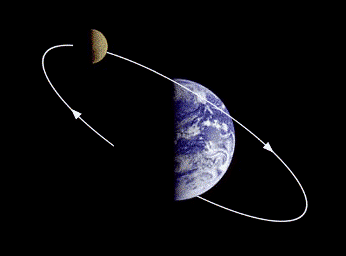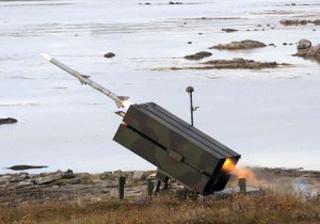
BEIJING (BNS): Over four days after its launch last week, China’s second unmanned lunar probe Chang'e-2 successfully entered the lunar orbit on Wednesday, the state media reported.
The spacecraft completed its first braking which decelerated it and successfully allowed it to enter a 12-hour orbit at 11.38 am local time, the state-run Xinuha news agency said, quoting the Beijing Aerospace Control Center (BACC).
Chang'e-2’s successful entry into the 100-km lunar orbit came in the 112th hour (over four days) of its space voyage as against its predecessor Chang'e-1’s 13-day journey to reach the Moon.
While this was the first braking for the satellite, it will brake two more times to reach its designed 118-minute working orbit, the news report said.
The satellite will be maneouvered to an orbit just 15 km from the Moon during which it will take high-resolution images of the Moon’s ‘Bay of Rainbows’ area – the proposed landing site for its successor, the Chang'e-3, which is expected to be launched in 2013.
Chang'e-2 was launched on board a Long-March-3C carrier rocket from the Xichang Satellite Launch Centre in southwest China's Sichuan province last Friday.
It is China's first unmanned spacecraft to be boosted from the launch site directly to the Earth-Moon transfer orbit, thereby greatly reducing the journey time from that of its predecessor Chang’e-1.
 Next Article
Next Article












The Indian Air Force, in its flight trials evaluation report submitted before the Defence Ministry l..
view articleAn insight into the Medium Multi-Role Combat Aircraft competition...
view articleSky enthusiasts can now spot the International Space Station (ISS) commanded by Indian-American astr..
view article